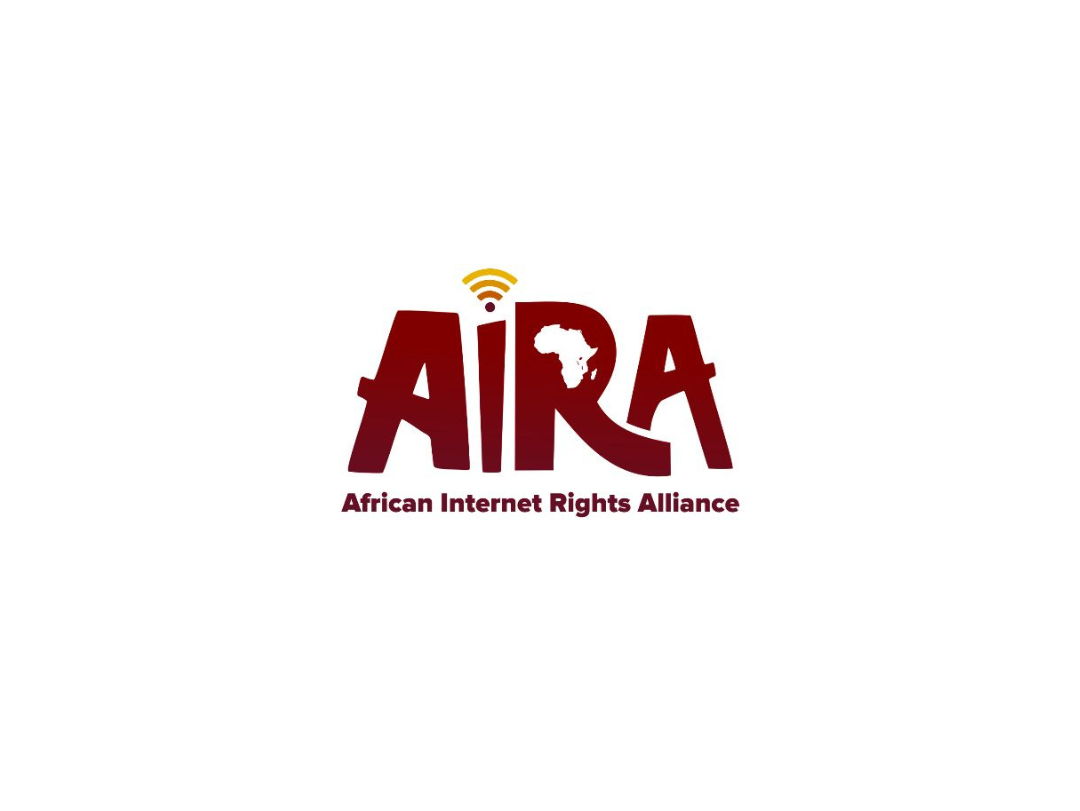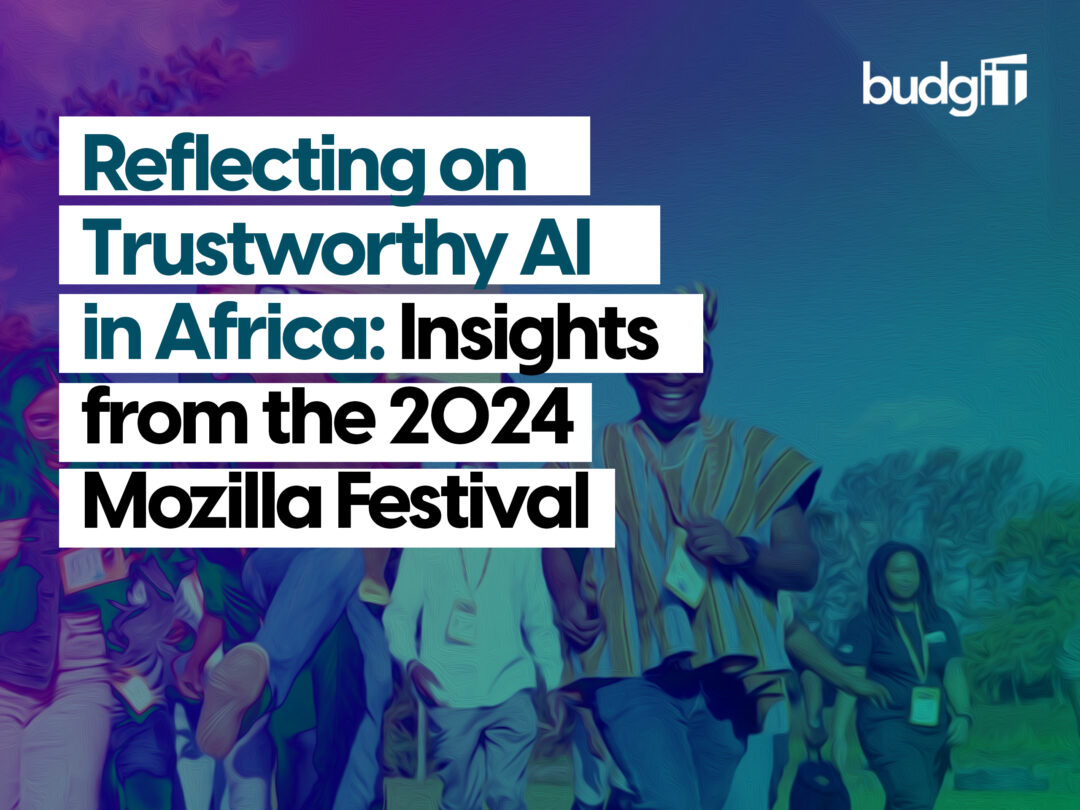In April 2024, I attended the Digital Rights and Inclusion Forum 2024 (DRIF24) in Accra, Ghana, alongside my colleagues (featured below) from the Legal Resources Centre (LRC), a non-governmental public interest law firm based in South Africa. The opportunity to visit Ghana, a country synonymous with African independence, filled me with great excitement and pride. Ghana’s historical significance as a beacon of freedom and liberation from colonial rule made it the perfect host for a forum on Africa’s current fight for agency in the digital world.
Hosted by Paradigm Initiative, DRIF24 brought together a diverse group of stakeholders and experts from across Africa to shape policy trajectories, discuss current issues, forge partnerships for action and showcase solutions in the digital rights landscape of Africa. The warm welcome at the event, with African drums and dancing, set the stage for a successful and engaging forum.
On the first day of the event, I moderated the panel discussion for African Internet Rights Alliance (AIRA) on Disinformation, Misinformation & Emerging Technologies. The session focused on the growing prevalence and complexity of misinformation in the digital world and its impact on our democracies, especially in the context of upcoming elections in various African nations. The panel addressed the rise of emerging technologies such as artificial intelligence, deepfakes, and automated information amplification, which pose significant challenges for civil society and human rights defenders in combating misinformation. This issue is particularly concerning in 2024, a year marked by the biggest global elections megacycle of this century, where these technologies could be used to spread misinformation and undermine the electoral integrity of these countries. Despite these challenges, the session aimed to highlight effective strategies and insights from panelists to combat the crisis, thereby contributing to meaningful democratic progress.
A significant insight from the session was the critical role of education and advocacy. Speakers like Angela Minayo, Digital Rights and Policy Programs Officer at Article 19 based in Eastern Africa; Najma Matengo, a Program Coordinator for Feminist Movement Building and Advocacy at Policy based in Uganda; and Evans Aziamor-Mensah, a local journalist in Accra, stressed the need for increased transparency and accountability from tech companies. They also highlighted the importance of civil society in holding these companies accountable.
As the panel moderator, I had the opportunity to share South Africa’s experience with election dis/misinformation and the strategies used to address it. With both South Africa and Ghana gearing up for elections, South Africa in May and Ghana in December, they share the challenge of dealing with emerging technologies that could undermine their democratic processes. I discussed the strategies used by the LRC to combat this challenge. This included a content moderation investigation conducted in partnership with Global Witness, which revealed the lack of adequate content moderation controls on online platforms and their failure to effectively moderate harmful content. Additionally, I emphasised the real-world impact of online hate and election dis/misinformation in South Africa, reinforcing the LRC’s call for greater content moderation and regulation of online platforms, including specific measures to address election dis/misinformation.
On the third and final day of the event, I moderated a panel discussion hosted by the LRC, focused on The Role of Advocacy in Ensuring Accountability & Vindicating Rights in the Digital Age. The panelists for this session included Nomshado Lubisi from Media Monitoring Africa, Martin Mavenjina from the Kenyan Human Rights Commission (“KHRC”), Kristen Abrahams from the LRC, and Bulanda Nkhowani from Digital Action and the Global Coalition for Tech Justice (“GCTJ”). This session delved deeper into advocacy responses to online harms. Kristen discussed two investigations conducted by the LRC in partnership with Global Witness and their alarming findings. She also highlighted the role of research and investigations in advancing tech accountability and transparency. Kristen noted that these efforts provided valuable lessons to the LRC on the need for greater transparency and accountability from tech platforms in monitoring and moderating harmful content.
Nomshado emphasised the importance of developing public/private partnerships to monitor social media corporations during election periods. She highlighted the role of monitoring social media as a form of advocacy and underscored that stakeholder engagement should be prioritised in the fight for tech reform.
Martin provided insight into how the KHRC has engaged with African Union (AU) mechanisms to push for regional cooperation on various human rights issues. He highlighted the need to include tech regulation on the AU agenda, suggesting that increased advocacy and engagement with AU bodies and mechanisms would be key to ensuring the adoption of a resolution by AU member states. Martin also emphasised the importance of continental solidarity within AU mechanisms to ensure accountability and the promotion of a rights-based digital environment.
Finally, Bulanda shared her experiences working within the GCTJ and emphasised the need for global advocacy in ensuring tech accountability and transparency. She highlighted the GCTJ’s Year of Democracy Campaign, which has been underpinned by global solidarity and social mobilisation, exerting significant pressure on big tech companies to engage on these issues. Bulanda stressed the need for global and regional alliances to drive grand-scale change and reform, emphasising the collective effort needed to ensure individual progress in the digital environment.
As the event came to a close, I reflected on the parallels between Africa’s fight for independence and the current struggle for digital rights and freedoms. Just as we once fought for physical liberation, we must not fight for freedom in the digital realm. Returning home, I felt a renewed sense of pride because much like the independence arch in Accra, which stands as a symbol of our struggle for liberation, conferences like DRIF24 are paving the way for Africans to govern their own digital space.
This post was authored by Devon Turner, Attorney, Legal Resource Centre


